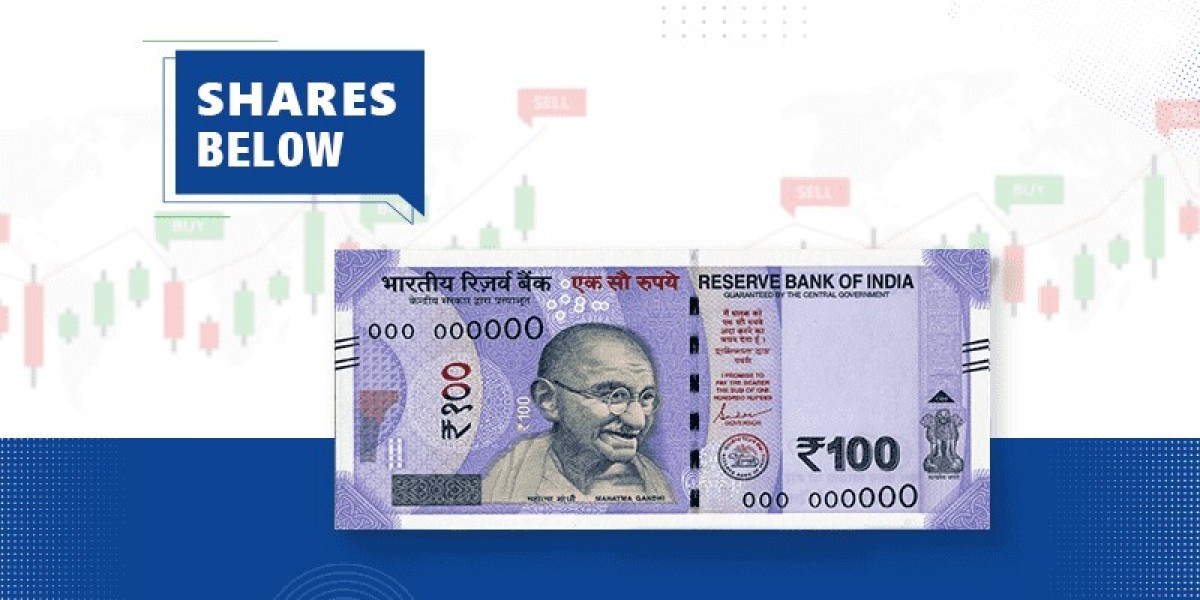Auto-makers have exhibited increased traction to cut battery’s carbon footprint, encouraging solid-state battery industry players to propel environmental, social and governance (ESG) goals. Solid state batteries (SSBs) store more energy, provide greater safety and charge faster compared to liquid lithium-ion batteries. Since a few batteries are required, SSBs can boost energy density per unit, making the technology highly sought-after in the EV landscape. SSBs could propel the ESG performance with several watchdogs vouching for the batteries. According to Transport Environment (TE), solid state batteries can minimize the carbon footprint of EV batteries by two-fifths. With solid state batteries poised to be used in EVs by 2025, battery manufacturers have furthered their investments in the ESG ecosystem.

The sustainability of battery supply chains has become pronounced as companies seek to reap upsides from using SSBs. These batteries promise to attain the Paris Agreement, boost energy access and economic value and foster decarbonization. Companies could shift to a circular value chain to enhance their economic and environmental footprint and by harvesting end-of-life values from batteries. With investors looking for companies with better ESG scores, stakeholders could focus on deploying SSBs in electric vehicles. Stakeholders are bullish towards safe working conditions and have exhibited respect for human rights by keeping the child and forced labor at bay. Private companies and public stakeholders are expected to expedite the share of renewable energies in the value chain.
Environmental Perspective
The growth of SSBs is likely to foster green energy and e-mobility as stakeholders strive to minimize their carbon footprint. The European climate group has pitched for incentives for the production of batteries with a lower carbon footprint in the new EV battery regulations—EU governments and MEPs are negotiating the final text of the regulation. In December 2020, the European Commission reportedly tabled a proposal for the modernization of the regulatory framework for batteries and bolstering the sustainability of EU battery value chains.
Although SSBs are at a low technology readiness level, strong demand from EV manufacturers to offset initial costs and propel sustainability could augur growth. The need for intensive actions against climate change and to bring the automotive sector to greenhouse gas neutrality has become an enabler for technological advances and buoyant policies. For instance, Toyota Motor Corporation issued Challenge 2050 to underpin the creation of a more sustainable and inclusive society. The company aims to reduce CO2 emissions from new vehicles by 30% by 2025 and 90% by 2050.
Solvay has a bullish plan to achieve carbon neutrality—scope 1 and 2—before 2040 for all businesses barring soda ash. The audacious goal is underpinned by an investment program of approximately €2 billion (USD 2.05 billion). The next-generation power source for EVs will continue to be sought to underscore the environmental profile. In July 2022, Nikkei, in partnership with Patent Result, inferred that Toyota had a massive lead in the solid-state battery patents—with 1,331 known patents.
Social Perspective
Industry partners have prioritized social contributions activities to enrich society and communities. In February 2022, Samsung SDI established a sustainable business management committee to propel ESG efforts. The company is gearing up for a full transition to renewable energy by 2050. The battery firm stood first with around 70% score, partly due to bullish efforts to propel work environment, diversity and human rights. In April 2022, Samsung SDI set out Safety Environment Management Policy to create safe and healthy corporate values, implement environmentally friendly management and form an external green community. In 2021, the company appointed around 299 CAs to take the organizational culture to the next level through team member development, fair appraisal, better collaboration, enhanced work efficiency and open communication.
Amidst occupational accidents becoming pervasive and denting the economy and employees’ health, stakeholders have responded with buoyant policies. In May 2021, the firm operated the “Eradicating Serious Accidents Task Force” to bolster safety and keep occupational injuries at bay. The South Korea-based company has expedited labor-management communication to enhance the work environment and protect labor rights. In 2020, around 1,193 issues were reportedly submitted and addressed with robust follow-up measures.
The diversity of directors has come to the fore as a driver of social portfolio for efficient decision-making and supervision. In 2020, Samsung SDI appointed four independent directors on the basis of expertise in areas, including law/human rights, electrical and electronics industry, accounting/tax and labor policy/relations. The company has placed no limitations on the basis of religion, gender, race, nationality, ethnicity or cultural background.
Companies have also prioritized the ESG committee to underpin sustainability. In 2021, Solvay rolled out its first employee share purchase program to propel the feeling of ownership among employees. Moreover, 98 of its 105 sites have observed a security vulnerability self-assessment (SVSA). It has also rolled out “Solvay One Dignity” to eradicate discrimination, providing equal opportunities for every employee. The company also announced the introduction of its first employee stock ownership plan. Moreover, in 2021, Solvay introduced a ten-year “STAR Factory Program” to cash in on digital and data science and make all plants STAR factory certified by 2030.
Is your business one of participants to the Global Solid State Battery Industry? Contact us for focused consultation around ESG Investing, and help you build sustainable business practices.
Governance Perspective
Well-established and emerging players have reinforced governance, ethics and transparency to create a sustainable value for all stakeholders. Companies have raised the bar in ESG performance to pursue their sustainability vision. The repercussion of unsound governance could expand beyond the realm of financial results, prompting financial bodies to mandate governance disclosure reports. With environmental and climate issues placed at the top of agendas, governance practices and disclosures could underscore a culture of sustainable value creation.
The ESG scoring model of Grand View Research has ranked Solvay second to none—with a 70% score—in corporate governance. The top rank is mainly due to its efforts to foster governance practices with an emphasis on independent directors. In 2021, the company had 64% independent directors and the stand-alone ESG committee made a new carbon neutrality ambition recommendation to the board. The board backed the introduction of an employee share purchase plan providing Solvay personnel the chance to buy company shares at a 10% discount.
Prominent companies have underscored the focus on sound governance, the ratio of independent directors, compliance training and taking disciplinary actions for corruption. Around 12,598 Samsung SDI employees completed ethics and compliance training, while there were 26 compliance review activities in 2021. The company appoints a chair of the BOD among directors to boost the flexibility of BOD operations and enhance directors’ accountability. The South Korean firm rolled out the Samsung Compliance Committee in February 2020 to propel compliance oversight and control at the company’s seven primary affiliates. In 2021, it amended all guidelines managed by the compliance team and provided training and reviews to alert employees about the risk of regulatory non-compliance.
Forward-looking companies are assessing risks, opportunities and issues pertaining to sustainability amidst the expanding footprint of solid state batteries. With longer ranges and quicker charging times, SSBs could be the game changer for the electric vehicle manufacturers and other stakeholders. In January 2022, Toyota announced its first vehicle to use SSBs would be hybrid and would go on sale by 2025. Meanwhile, in June 2022, Solid Power announced it would be shipping solid state battery cells to BMW and Ford by the year-end for validation testing. Prevailing trends allude to a robust growth outlook in the ensuing period. The global solid state battery market is expected to witness around 36% CAGR from 2021 through 2028. Policies and approaches toward ESG could dictate the growth trajectory as automakers seek massive EV battery breakthroughs.
About Astra – ESG Solutions By Grand View Research
Astra is the Environmental, Social, and Governance (ESG) arm of Grand View Research Inc. – a global market research publishing management consulting firm.
Astra offers comprehensive ESG thematic assessment scores across diverse impact socially responsible investment topics, including both public and private companies along with intuitive dashboards. Our ESG solutions are powered by robust fundamental alternative information. Astra specializes in consulting services that equip corporates and the investment community with the in-depth ESG research and actionable insight they need to support their bottom lines and their values. We have supported our clients across diverse ESG consulting projects advisory services, including climate strategies assessment, ESG benchmarking, stakeholder engagement programs, active ownership, developing ESG investment strategies, ESG data services, build corporate sustainability reports. Astra team includes a pool of industry experts and ESG enthusiasts who possess extensive end-end ESG research and consulting experience at a global level.
For more ESG Thematic reports, please visit Astra ESG Solutions, powered by Grand View Research
 " class="wow_main_float_head_img">
" class="wow_main_float_head_img">







